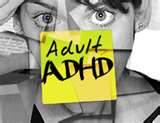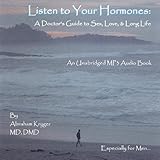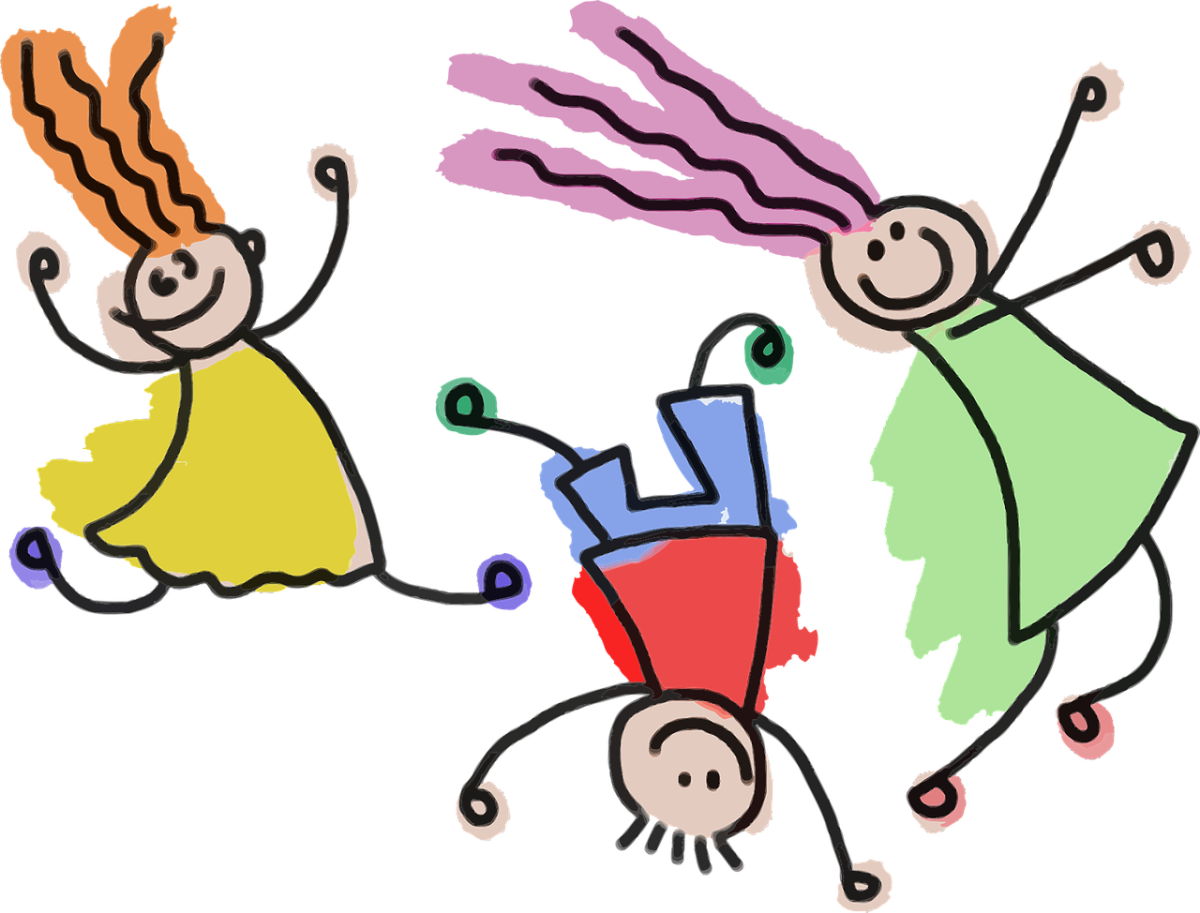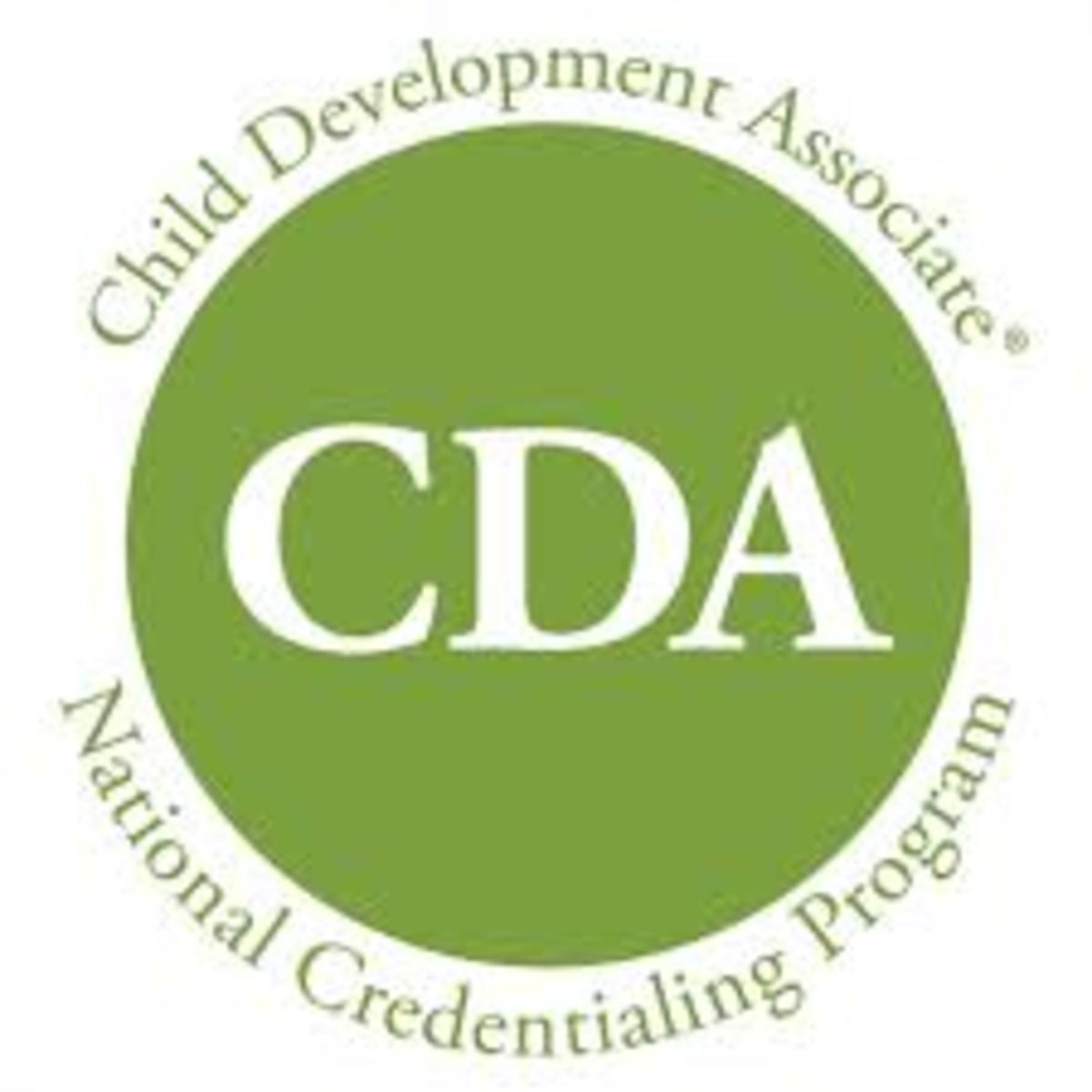Attention Deficit Disorders
Children with Attention Deficit

Attention Deficit and the Brain
Attention Deficit Disorder (ADD) and Attention Deficit Hyperactivity Disorder (ADHD) are the most often diagnosed psychiatric disorders in children. This disorder is also a contributing factor to depression in kids and adults.
Attention deficit and depression frequently occur together.
Although ADHD and ADD, can not be diagnosed by brain imaging, when their brains were scanned, people with attention deficit displayed some small differences as compared to people who do not have this disorder. It appears, according to one study, that the brains of people with ADHD were about 3-4% smaller than the average brain. Some research showed these people also had less gray matter in their frontal cortex than that of the average brain. The brains showed somewhat high levels of excitatory neurotransmitters and lower levels of the inhibitory transmitter. The variations were very minute. With all these differences, their brains were still within the normal range.
As a person manages their ADD better, their mood, attitude, and depressive symptoms begin to lift.
Attention Deficit and Depression
Often the depression is noticed and treated before the attention deficit is. Getting treated for depression can help a person cope better, but if the root of their problem is from ADD/ADHD, they may not be getting proper treatment. Depression is often a side effect of attention deficit. The real cause of a person’s mood disorder and their unhappiness, may stem from attention deficit. Sometimes people who are dealing with ADD, feel a kind of low level, constant sadness, not necessarily a deep, major depression. Someone with ADD, may feel depressed, unenergetic, not being focused, unmotivated, frustration, and confusion. A mental health professional who is knowledgeable about ADD, may be able to diagnose a person and get them proper help. By recognizing the symptoms of ADD/ADHD, treatment can be focused on the main issue, and the depression may ease up without further intervention.
Several studies have shown there is a strong correlation of people who have ADD/ADHD, with depression. The liklihood may be as much as three times greater for people who have attention deficit, than for those who do not. Sometimes, children are only diagnosed with depression, when in fact their primary diagnosis should be ADD or ADHD. By diagnosing and treating the attention deficit first, the depression may ease up. A careful evaluation by a trained mental health professional imperative for the correct treatment.
Depression and Attention Deficit

Causes of Depression in Children
Research on children with attention deficit may not be depressed because they feel demoralized by their struggles. The depression may come about more as a result of a social dysfunction due to the ADHD/ADD causing difficulties in getting along with other children. Research seems to bear out the idea that there is not much connection to the severity of the attention deficit to the idea of a child suffering from major depression.
Similarly, reducing the symptoms of ADHD/ADD, did not produce a reduction in depressive symptoms.
It is important for parents to recognize that a child with attention deficit disorder may be prone to depression, so that they can get them proper treatment. Treating the ADD/ADHD, will not necessarily alleviate the depressive symptoms, so make sure your child is treated for both.
Attention Deficit Ranges from Mild to Wild
Attention deficit is a disorder of the brain, involving specific circuits and genes. Yet, there is a lot science does not understand about this disorder. Technology has been able to show us through brain imaging that people with this disorder have below normal frontal lobe activity. The frontal lobes handle higher level thinking.
Scientists believe dopamine and other neurotransmitters are involved in the information that goes through the frontal lobes. Lower dopamine levels may be one of the reasons it is harder for people with ADD/ADHD, to concentrate. Ritalin, for example, is a psycho stimulant and can affect the level of dopamine that is available in the brain, and help people stay more focused.
Attention deficit disorder spans across a big range from mild symptoms to extreme symptoms. It is more common for boys to be hyperactive, and for girls to be more inattentive. Girls are sometimes not correctly diagnosed with this disorder because they may behave better in school, but the result is an inability to focus on specific tasks.
Attention Deficit and Genes
Some research is targeting environmental contributions that may increase a person’s likelihood of developing this disorder.
Genetics also seem to be a factor in developing attention deficit.
Researchers have found that if one identical twin has ADHD, there is an 80% chance of the other twin having the same disorder. Fraternal twins showed the same 20-30% likelihood that any other siblings might share this disorder. In another study, preschool children with ADHD, showed that their parents were 25 times more likely to have ADHD, than the average person.
Dr. Maximilian Muenke who is chief of medical genetics at the Nat’l Human Genome Research Institute conducted many of these studies. He identified a gene that is linked to attention deficit, but there are most likely more than one gene involved in this disorder.
Other studies have found a chromosomal region that increases the likelihood for some people to have ADHD. Some scientists are looking at how dopamine is released, reabsorbed, and broken down in the brains of people with ADHD. Evidence is starting to support the idea that this disorder may be related to genes that are related to the dopamine receptors and transporters
Another approach is to look at genes involved in the release, re-absorption, and breakdown of the neurotransmitter dopamine, which is thought to be abnormal in the brains of people with ADHD. There is increasing evidence that people with ADHD are more likely to carry certain variant forms of the genes for dopamine receptors, transporters, and metabolism.
Adults and ADHD

Attention Deficit and Adults
As more and more research is being done for this condition, studies are showing there is more and more evidence pointing to biological associations, improving medications, and developing ways for children and adults to deal with attention deficit disorder. The flip side of ADD/ADHD is the controversy associated with the diagnosis of it, and the risks and benefits of taking medications for this.
A study done with adults who had ADD and depression, several antidepressants shown to be effective. But medications don’t work for everyone.
More adults are discovering they have ADHD, as they see similar symptoms in their children. Recently new screening tests, such as the Adult Self-Report Scale have been created to help diagnose adults with this disorder. This is an 18 question survey created by NYU and Harvard Medical School. It takes about 5 minutes to complete. After the person gets screened, it can be determined if the adult has the disorder. Most adults who think they have ADHD, don’t. To be properly diagnosed, a clinical interview is conducted. The clinician will look for proof of ADD of ADHD in childhood, because memory may be an unreliable source. Adults may think they have attention deficit and most often remember their childhood as being troubled. School records are often a good source to confirm the disorder.
People who have attention deficit have a more difficult life. Depression compounds what a person has to deal with. On the surface, depression and attention deficit have much in common. Both make it hard to focus, start tasks, get a good night’s sleep, and suffer from irritability, lack of motivation, and moodiness. Upon a closer look there are major differences between the two. Attention deficit is constant and lifelong. Depression may come and go, there may have been periods where the person did not feel depressed.
People with attention deficit may feel very low, but it can usually be attributed to something specific that caused them to have a setback. These feelings are usually temporary, while a person who is depressed is dealing with low feelings for long periods of time. ADD/ADHD develops in childhood, depression will usually develop in adolescence or after.
It is important to be aware of the differences because a mental health professional may miss the ADD/ADHD diagnosis and just treat the more obvious depression. In reality it may be the attention deficit that is the cause of the depression. When the ADD/ADHD is treated first, the depression may lift., It may be best not to treat both simultaneously. But in some people the depression should be treated first, especially if it is life threatening or greatly impairing the person’s functioning. It is up to the mental health professional to make the choice of which condition to treat first. What is most important is that both get treated.
Among adults with ADHD, depression is over two and a half times more likely to occur than in the general population. Some of the adults with ADHD suffer from primary depression. Primary depression just occurs and doesn't need the stimulus of some negative event or difficulties. This type of depression is believed to be mostly inherited. Secondary depression is a result of feeling disappointed, frustrated or other feelings related to having the ADHD. It is estimated that about 25% of adults with these feelings of disappointment and ADHD, have not gotten proper treatment.
Co-occurrence of Attention Deficit Disorder and Depression
For both children and adult, the co-occurrence of attention deficit and depression is real. There is much more that science needs to lean, but there is also much science can do.
If you,or someone you know has attention deficit, don’t let them suffer any longer. Help is available and treatments are always improving. Many of these people suffer from poor self esteem and never achieve the successes and promises their true potential holds.










